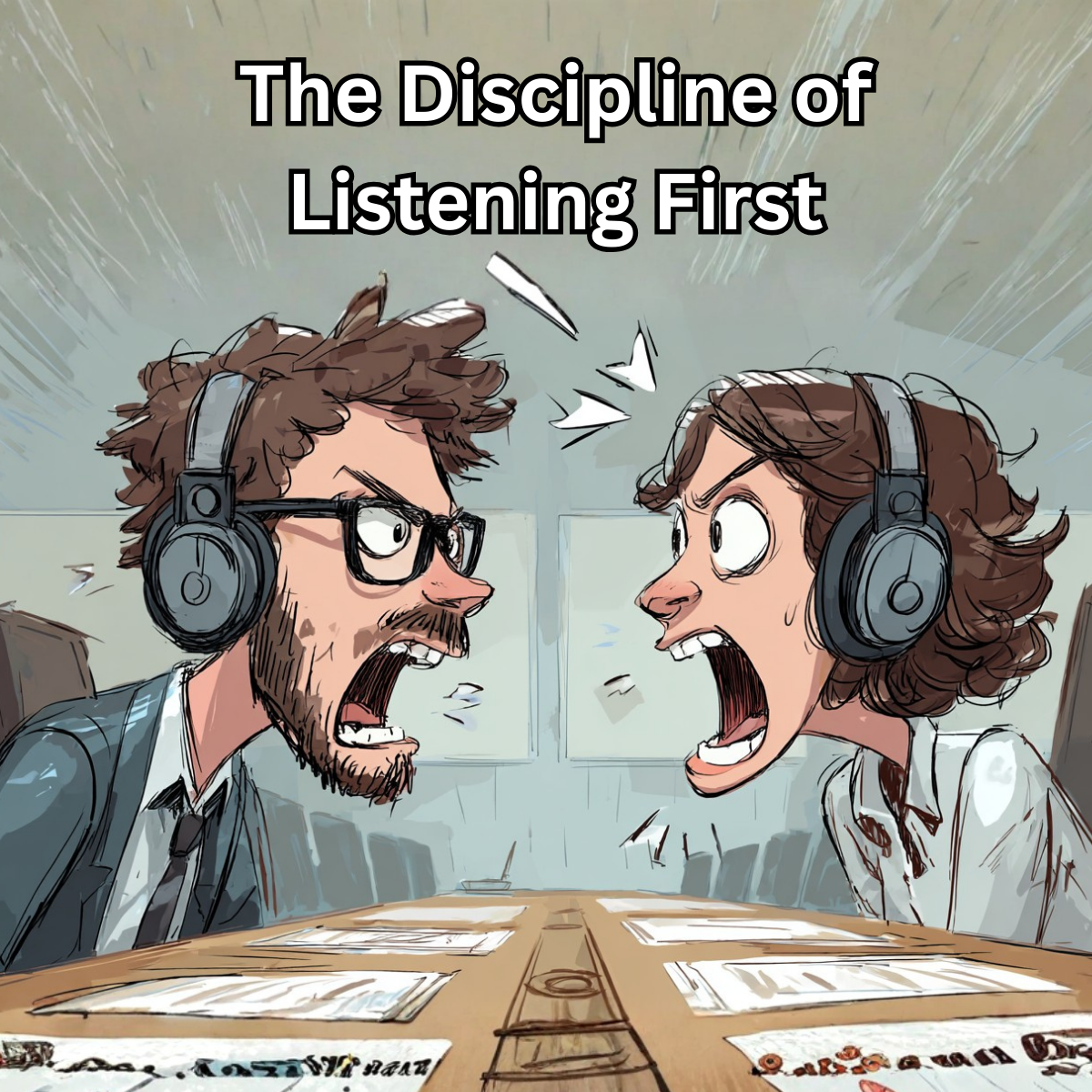I am not sure where I came across this concept, but it is something that I come back to frequently. The concept is about how humans if left unchecked, will always make things more complicated than they need to be. This is an important enough consideration to make this my 5th principle out of 10:
Principle 5 – Human Organizations Naturally Gravitate Toward Complexity
I studied organizational communications theory in college, and I was exposed to the entire world of theories around human-built systems. What seems like a simple concept can develop into a complex combination of human interaction and a system of procedures and rules to defend a particular culture. I thought this was ridiculous when I read my first organizational theory book, but after some consideration, I realized that it was definitely true that the way we organize ourselves directly impacts how we perform.
There are many scholars in system theory who have spent time evaluating the various structures that humans create and their effectiveness. These can be compared to other natural processes that occur in nature to arrive at conclusions that are true across most, if not all, organic life. For example, the concept of entropy is particularly interesting. In thermodynamics, scientists spend time considering and measuring the amount of disorder or randomness in a system. This determines how much energy is wasted and not available to do any work. As an organization grows, there will be a certain amount of inherent entropy. Some systems are more susceptible to entropy than others, but they will have other advantages that might be worth the cost.
This is not the point of this blog, but this is a fascinating concept, and if you look at any system we create, you will notice this phenomenon. In some cases, a certain amount of entropy may be desired in order to slow things down to avoid unnecessary congestion. Next time you are at Disneyland, spend some time evaluating how they are managing the ever-evolving and moving crowds of people throughout the park. Here, you will see a marvelous display of purposeful entropy being introduced into a system of humans.
However, my principle is based more on the idea that any human organization will naturally evolve into a tangle of bureaucracy if left unchecked. This means that you cannot just let an organization grow by itself. You must alter the structure, prune the organization, and tear down some structures to build new ones as the organization evolves. You must strive to keep things simple. As I have learned, striving for simplicity is hard work in organizational leadership. This concept probably originated in a groundbreaking work by Daniel Katz and Robert Kahn called “The Social Psychology of Organizations,” and this is where my principle probably came from.
I think we must remember this concept at all times. We all participate in meetings, businesses and other organizations with other humans. We are constantly moving in and out of one organization or another. This is not something we are conscious of, but every organization we participate in has some relationship with its environment and has been built to react in a specific way. If we all blindly participate, then we will be unwilling accomplices to create unnecessary complexity. We also may willfully contribute to the problem, not knowing that this is what humans naturally do. They must consciously think about how to reduce, prune, and simplify their organizations, or they will just mushroom and grow outward, much like a mold or fungus will.
Just think about the Federal Government. Here, you have an organization of transient workers who come in and out on a regular cycle based on our political process. There is no incentive whatsoever to do the hard work of simplifying. This system is doomed to build systems on top of systems with every new law, new administrative policy, and new order that is put into place. It has been growing in this manner, unchecked, for more than 200 years. There is no greater example of this issue than the unrestrained and unchecked gravitational pull toward organizational complexity. However, this example is too large for us to grasp, we instead can look at our own organizations. If you look closely, you will see it. You will see what well-meaning humans do all the time to move toward the complex. They cannot help themselves; this is the way they are being pulled, so it will feel natural to add a layer of complexity to every suggestion and proposal. Now that I have pointed this out, you will see it everywhere.
The real fun question is, are you guilty as charged? I am. We all are. We all do it, and sometimes the complexity is needed. It is not always bad, however, keeping an eye toward opportunities to simplify is also important. What I have noticed is that the most powerful, disruptive, and beneficial ideas are almost always the ones that reduce complexity in an organization.




